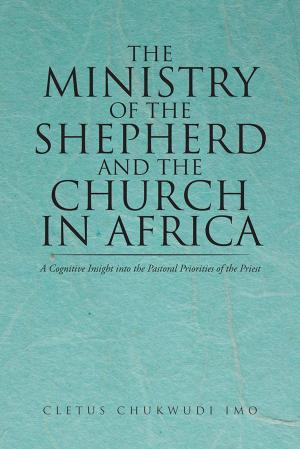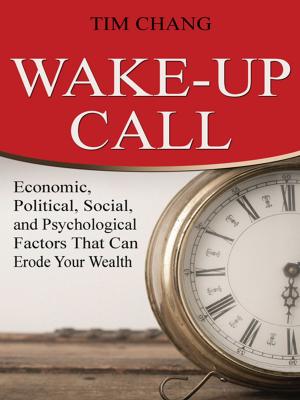The Perfect Time
The Universal Calendar
Nonfiction, Science & Nature, Mathematics, Research, Mathematical Analysis, Science| Author: | Mark J. Silen | ISBN: | 9781450278010 |
| Publisher: | iUniverse | Publication: | December 27, 2010 |
| Imprint: | iUniverse | Language: | English |
| Author: | Mark J. Silen |
| ISBN: | 9781450278010 |
| Publisher: | iUniverse |
| Publication: | December 27, 2010 |
| Imprint: | iUniverse |
| Language: | English |
In 1995, Mark Silen was playing around with simple math and working with calendars when he stumbled upon something so amazing that he began to question nearly everything he had ever been taught. In The Perfect Time: The Universal Calendar, Silen shares the results of his research into one of the biggest coincidences in historythat man could have potentially missed the perfect measurement of time by one day. Never in a million years did Silen think that seven numberstwo easy addition equations and six simple multiplication equationswould apply to so many disciplines, but as he began to create his Universal Calendar, he realized that many issues in religion, mathematics, science, and history could have been forever affected by the use of these seven, perfect numbers. As Silen shares an easy-to-understand system based on common knowledge and logic, he questions why we are still using a calendar system today that was created by people who thought the earth was flat. The fascinating system behind The Perfect Time: The Universal Calendar illustrates all the reasons why a new, more simplistic calendar could have a major impact on todays society and have more meaning than any other calendar in history.
In 1995, Mark Silen was playing around with simple math and working with calendars when he stumbled upon something so amazing that he began to question nearly everything he had ever been taught. In The Perfect Time: The Universal Calendar, Silen shares the results of his research into one of the biggest coincidences in historythat man could have potentially missed the perfect measurement of time by one day. Never in a million years did Silen think that seven numberstwo easy addition equations and six simple multiplication equationswould apply to so many disciplines, but as he began to create his Universal Calendar, he realized that many issues in religion, mathematics, science, and history could have been forever affected by the use of these seven, perfect numbers. As Silen shares an easy-to-understand system based on common knowledge and logic, he questions why we are still using a calendar system today that was created by people who thought the earth was flat. The fascinating system behind The Perfect Time: The Universal Calendar illustrates all the reasons why a new, more simplistic calendar could have a major impact on todays society and have more meaning than any other calendar in history.















